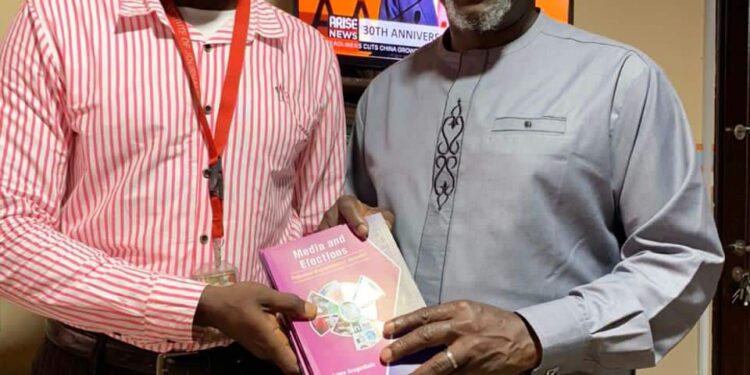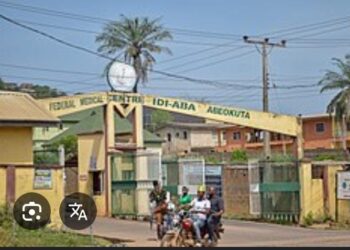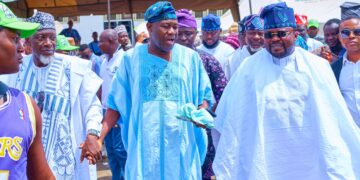
The recently concluded 2024 Ghanaian general elections have once again showcased the power of a well-informed and unbiased media in promoting credible electoral outcomes. While Ghana’s democracy continues to thrive, partly due to the dedication of media practitioners and fact-checking organizations like the Centre for Journalism Innovation and Development (CJID) and its subsidiary, DUBAWA, Nigeria can draw valuable lessons from the success story of its West African neighbor.
Lanre Arogundade, the Director of the International Press Centre (IPC), Lagos, and the author of the widely acclaimed book Media and Elections: Professional Responsibilities of Journalists, envisioned a media landscape that champions fairness, professionalism, and integrity during elections. His book, which provides practical guidance for journalists reporting on electoral processes, appears to have found a remarkable case study in Ghana’s 2024 elections.
On December 7, 2024, Ghanaians went to the polls amidst high stakes, as the country grappled with an economic crisis under the New Patriotic Party (NPP). The elections, however, stood out for their transparency and efficiency. The CJID, through its Media in National Elections initiative, deployed 19 observers, fact-checkers, and OSINT analysts who worked tirelessly to counter misinformation and ensure that the public had access to accurate information. This robust media presence and collaboration with organizations like META and TikTok ensured that deepfakes, propaganda, and other forms of disinformation were swiftly debunked.
As a result, the winner of the election—former President John Dramani Mahama of the National Democratic Congress (NDC)—was publicly known on the same day of voting, even though the official announcement was slated for December 10. This milestone was a testament to the unbiased and professional conduct of media practitioners and electoral officials. It showcased the practical application of teachings in Media and Elections, emphasizing how a transparent media can strengthen democracy.
However, while Ghana has embraced these principles, Nigeria, the home country of Arogundade and the birthplace of his book, has yet to fully imbibe its teachings. Despite the critical role of the media in safeguarding democracy, elections in Nigeria often remain mired in controversy, misinformation, and a lack of trust in electoral outcomes. It begs the question: why has Nigeria not applied the lessons outlined in Media and Elections?
During my time as a student at the Nigerian Institute of Journalism (NIJ) in February 2023, I had the privilege of visiting Lanre Arogundade’s office. I was gifted a copy of Media and Elections, a book that inspired me to see journalism as a tool for positive change. Now, as a practicing journalist, I urge my colleagues in the profession to take a page from Ghana’s book by embracing the teachings of Arogundade.
If Nigerian media practitioners can adopt the principles of fairness, professionalism, and public interest championed in Media and Elections, the country can transform its electoral narrative. The book is not just for Nigerian journalists but for all who believe in the power of the press to uphold democracy across Africa and beyond.
Let us not wait for another election marred by irregularities and doubt. The time to strengthen democracy is now. Ghana has shown us that it is possible, and with the right tools and mindset, Nigeria can follow suit. As journalists, we have a responsibility to uphold truth and transparency. I urge my colleagues to read, reflect, and implement the teachings of Media and Elections for the sake of saving democracy.

















